The music industry has seen its fair share of controversies, but the recent jay-z accused allegations against the renowned rapper Shawn Carter, better known as Jay-Z, are among the most severe. The gravity of these accusations pulls us into a deeper examination of celebrity culture, legal battles, and the impact on victims and society at large.
The allegations date back to 2000 when an anonymous accuser, referred to as Jane Doe, claimed that both Jay-Z and Sean “Diddy” Combs raped her when she was only 13 years old. In a civil lawsuit filed in New York, the details paint a disturbing picture of abuse intertwined with the glitz of Hollywood events, such as the MTV Video Music Awards. As this case unfolds, it raises critical questions about accountability, fame, and the protection of minors.
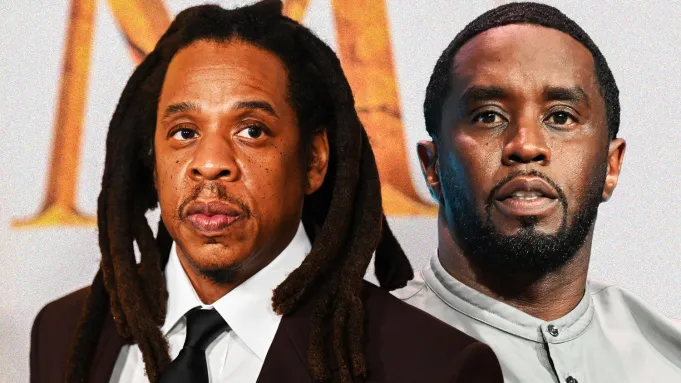
The Allegations: A Closer Look at the Events
The allegations made by Jane Doe are harrowing and require careful examination. Understanding the context surrounding these claims is imperative to grasp the full scope of this scandal.
The After-Party Invitation
The incident allegedly took place after the MTV Video Music Awards in 2000, where Jane Doe found herself without a ticket but eager to attend.
She approached various limousine drivers, seeking a way into the event or the after-party. The driver who eventually helped her purportedly worked for Diddy, and it was he who suggested that Jane Doe might fit the profile of what Diddy was looking for.
This scenario highlights a troubling aspect of celebrity culture—the idea that individuals can be commodified based on their appearance and perceived desirability. There’s an eerie normalcy in using power dynamics to manipulate vulnerable individuals into situations they may not fully understand.
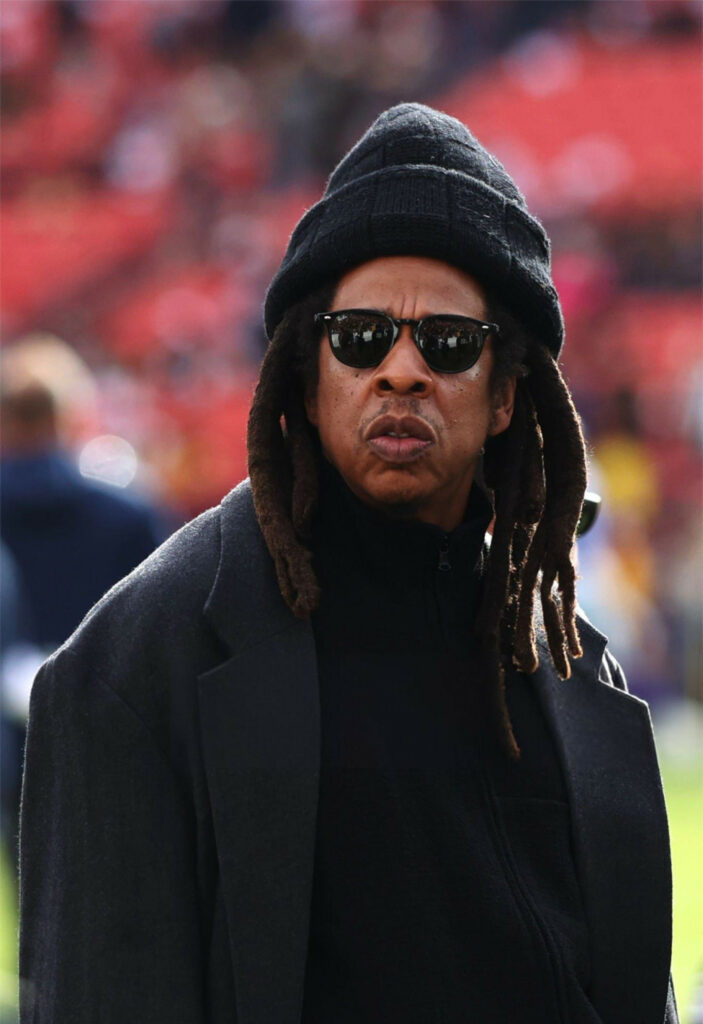
The Party Scene
Upon arrival at the alleged party, Jane Doe was made to sign a document she believed was a nondisclosure agreement. She received no copy of this document, which is alarming given her age and circumstances. Signing such agreements often creates an environment rife with secrecy—a shield for predatory behaviors.
Inside the house, the scene reportedly involved celebrities indulging in drugs and alcohol. This portrayal of excess and reckless abandon presents another layer to the situation. The party atmosphere could have normalized inappropriate behavior, making it challenging for a minor like Jane to navigate the boundaries between consent and coercion.
The Alleged Assault
What followed is described in graphic detail in the lawsuit. According to Jane Doe, she was offered a drink that left her feeling woozy and disoriented. It is at this point that the lines between consent become dangerously blurred. Feeling unwell, she sought solace in a separate room, hoping to find a place where she could recover from whatever had been slipped into her drink.
However, soon after, both Jay-Z and Diddy entered the room, leading to the alleged assaults. The specifics of the claims—particularly that Jay-Z held her down while Diddy raped her—are shocking and demand serious attention. The implications of what transpired in that room resonate far beyond the confines of the incident itself, exposing systemic failures to protect minors from exploitation.
In dissecting these allegations, one cannot help but consider the broader societal issues at play. How often do we let celebrity status overshadow criminal behavior? And how does the entertainment industry contribute to a culture of silence around abuse?
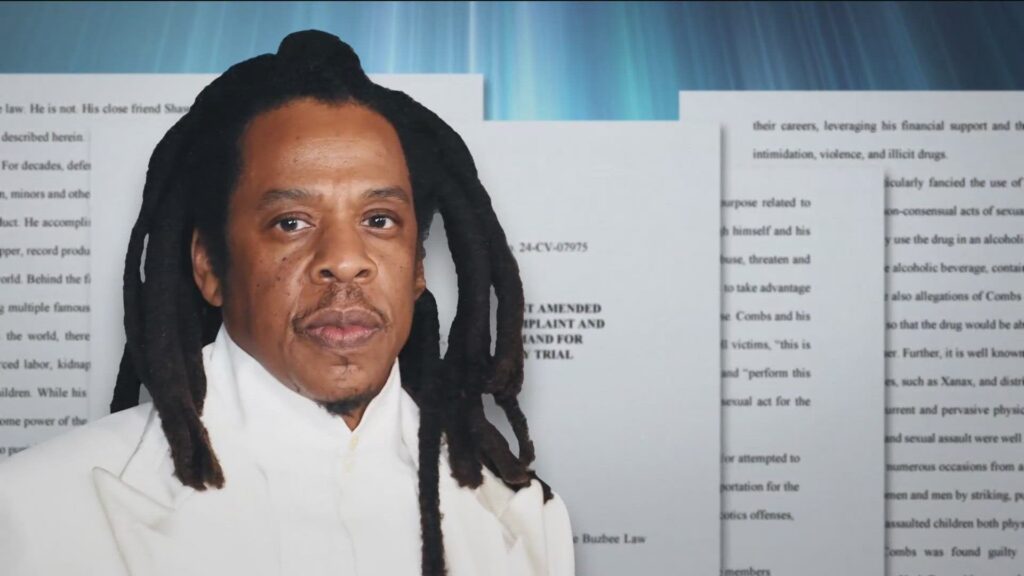
The Legal Battle and Its Implications
In the wake of these allegations, the legal landscape grows increasingly complicated. Lawsuits and criminal charges swirl around two of the most significant figures in hip-hop history, creating a spectacle that raises questions about justice and morality.
The Nature of the Lawsuit
Initially filed in October, the lawsuit began with Sean “Diddy” Combs as the sole defendant. However, as the case evolved, Jay-Z was added to the complaint, underscoring the severity of the allegations. The lawsuit seeks unspecified damages under New York’s Victims of Gender-Motivated Violence Protection Act, indicating a serious commitment to holding the accused accountable for their actions.
The decision to file a federal lawsuit rather than pursue criminal charges initially adds an intriguing layer to the narrative. In his public statement, Jay-Z urged the accuser to pursue a criminal complaint instead of a civil suit. His assertion that such heinous actions should be handled through the criminal justice system reflects the complexity of addressing sexual violence within the framework of celebrity culture.
Public Reactions and Statements
In response to the allegations, Jay-Z issued a lengthy statement condemning the claims as “idiotic.” He expressed frustration over the potential ramifications on his family, noting that they will have to endure the inevitable scrutiny that comes with such high-profile accusations.
His comments highlight a crucial factor in celebrity scandals—the collateral damage inflicted on the families of the accused. Children, spouses, and extended family members often bear the brunt of public outrage and speculation, raising ethical questions about the nature of accountability.
Additionally, Jay-Z’s legal team is positioning itself to fight back against the allegations. Painting the accusations as unfounded publicity stunts designed to exploit the fame and wealth of celebrities is a common defense tactic. Yet, this approach also risks trivializing the experiences of actual survivors of sexual assault, potentially silencing their voices in the process.
Diddy’s Ongoing Legal Troubles
Meanwhile, Sean “Diddy” Combs finds himself ensnared in a web of legal challenges that go beyond this particular lawsuit. Criminal charges involving racketeering and sex trafficking suggest a pattern of behavior that could further complicate the legal proceedings.
With trials scheduled and additional charges looming on the horizon, the pressure is mounting on Combs’ legal team. Their insistence that the lawsuits are shameless attempts at securing payouts echoes a sentiment that many celebrities use during crises—a defensive mechanism aimed at preserving reputations.
Yet the question remains: what if the accusations hold merit? What if the truth lies somewhere in the murky waters of fame, money, and power? Such considerations call for a more nuanced understanding of the judicial process, especially when it involves high-profile defendants.
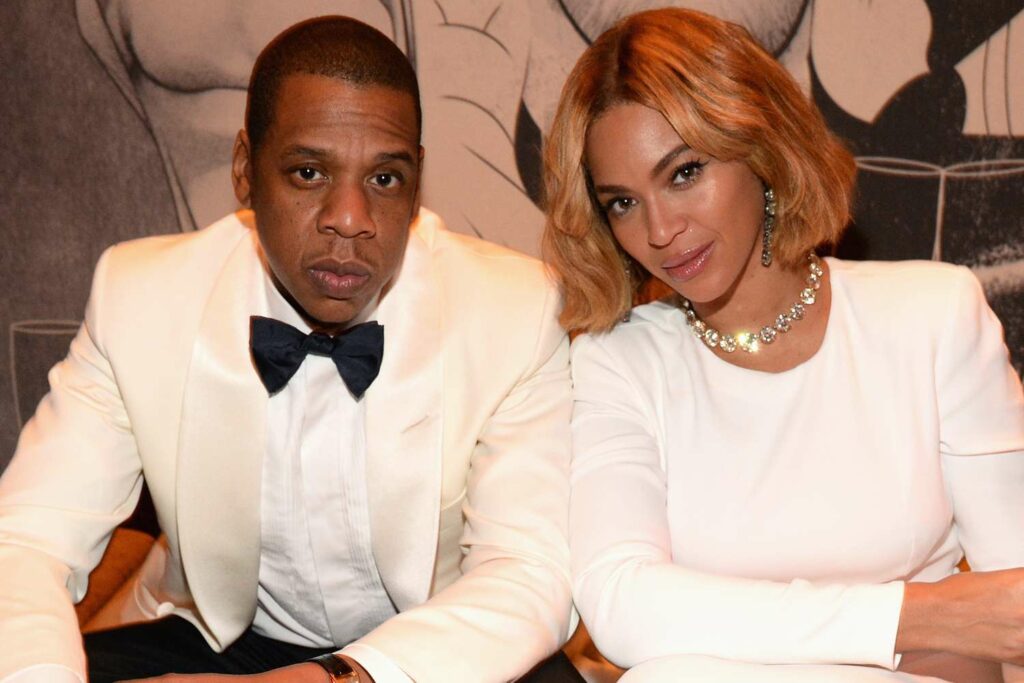
Societal Reflections on Celebrity Culture and Accountability
As the news of jay-z accused reverberates throughout the media, society must grapple with its relationship with fame and accountability. The allure of celebrity often leads to a dangerous disconnect between public perception and reality, obscuring the very real consequences of alleged actions.
The Role of Celebrity Culture in Protecting Predators
The entertainment industry rarely exists in a vacuum. It functions within a broader societal context that has historically allowed powerful figures to escape accountability for their misdeeds. This culture fosters environments where abuse can flourish, particularly when young and vulnerable individuals are involved.
High-profile celebrities often receive a level of adoration and support that can insulate them from scrutiny. The complex interplay of fame, fortune, and influence creates an atmosphere where victims may feel pressured to remain silent out of fear for their credibility or personal safety.
Public reactions to allegations against celebrities often fall along predictable lines: some rush to defend their favorites, while others call for accountability. This duality speaks to our collective struggle to reconcile admiration for talent with the moral responsibility to confront wrongdoing.
The Impact on Survivors of Sexual Assault
The ramifications of jay-z accused extend well beyond the courtroom. For many survivors of sexual assault, such high-profile cases can serve as both a source of inspiration and a trigger for trauma. The public discourse surrounding these allegations can either empower victims to come forward or deter them from seeking justice.
When public figures face accusations, it shines a light on the systemic barriers to reporting and prosecuting sexual assault. Many survivors struggle with feelings of embarrassment, shame, and fear of retaliation, all of which can hinder their willingness to speak out.
Conversely, when a survivor’s story gains national attention, it can create an outpouring of support and validation. Social movements advocating for survivors’ rights have gained momentum in recent years, increasingly holding powerful figures accountable for their actions.
The Need for Change in the Legal System
The emergence of allegations against Jay-Z and Diddy underscores the urgent need for reform within our legal systems regarding sexual violence. Both civil and criminal laws must evolve to better protect victims while ensuring fairness for the accused.
In many cases, the legal processes seem ill-equipped to handle the complexities of sexual assault cases. Legal definitions often fail to encompass the nuances of consent, particularly in situations involving minors and intoxication.
Furthermore, the ongoing struggles faced by survivors in navigating the courts reveal a pressing need for specialized training for law enforcement and legal professionals. Approaching cases with empathy and understanding can foster an environment where victims are encouraged to seek justice rather than remain silent.
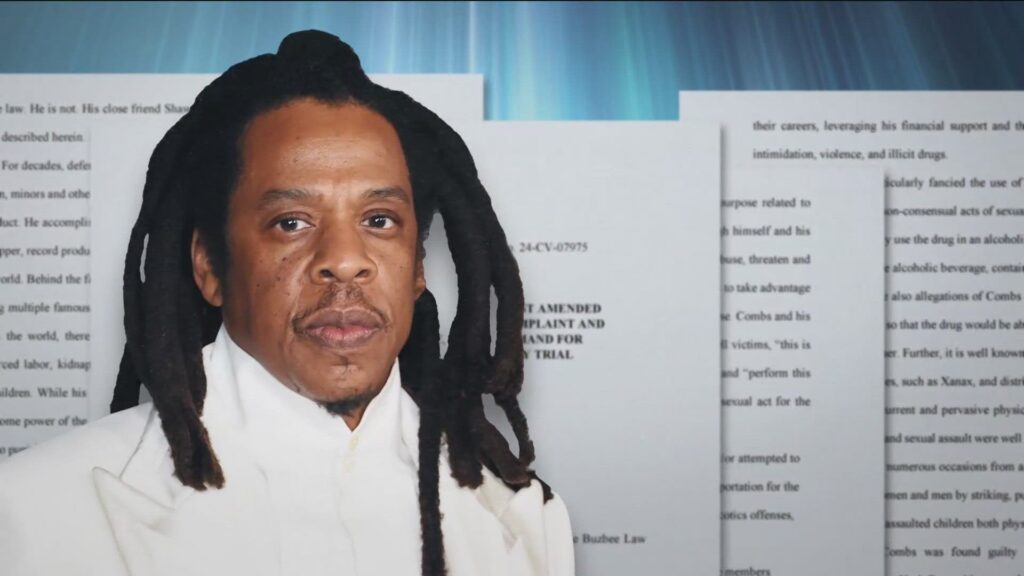
Conclusion
The allegations surrounding Jay-Z and Sean “Diddy” Combs force society to confront uncomfortable truths about celebrity culture, accountability, and the protection of vulnerable individuals. As the legal battle unfolds, we must remain vigilant in our pursuit of justice for survivors.
The complexities of this case illustrate the intricate web of fame, power, and exploitation that permeates the entertainment industry. Allowing the conversation to continue will ensure that the voices of survivors are heard, and meaningful change emerges from the shadows where such abuses have long occurred.
As we reflect on these issues, it becomes paramount that we prioritize the well-being of victims and work towards a world where accountability is not merely an option but a steadfast expectation. Only then can we hope to dismantle the barriers that have long protected those who misuse their power and privilege at the expense of the vulnerable.
